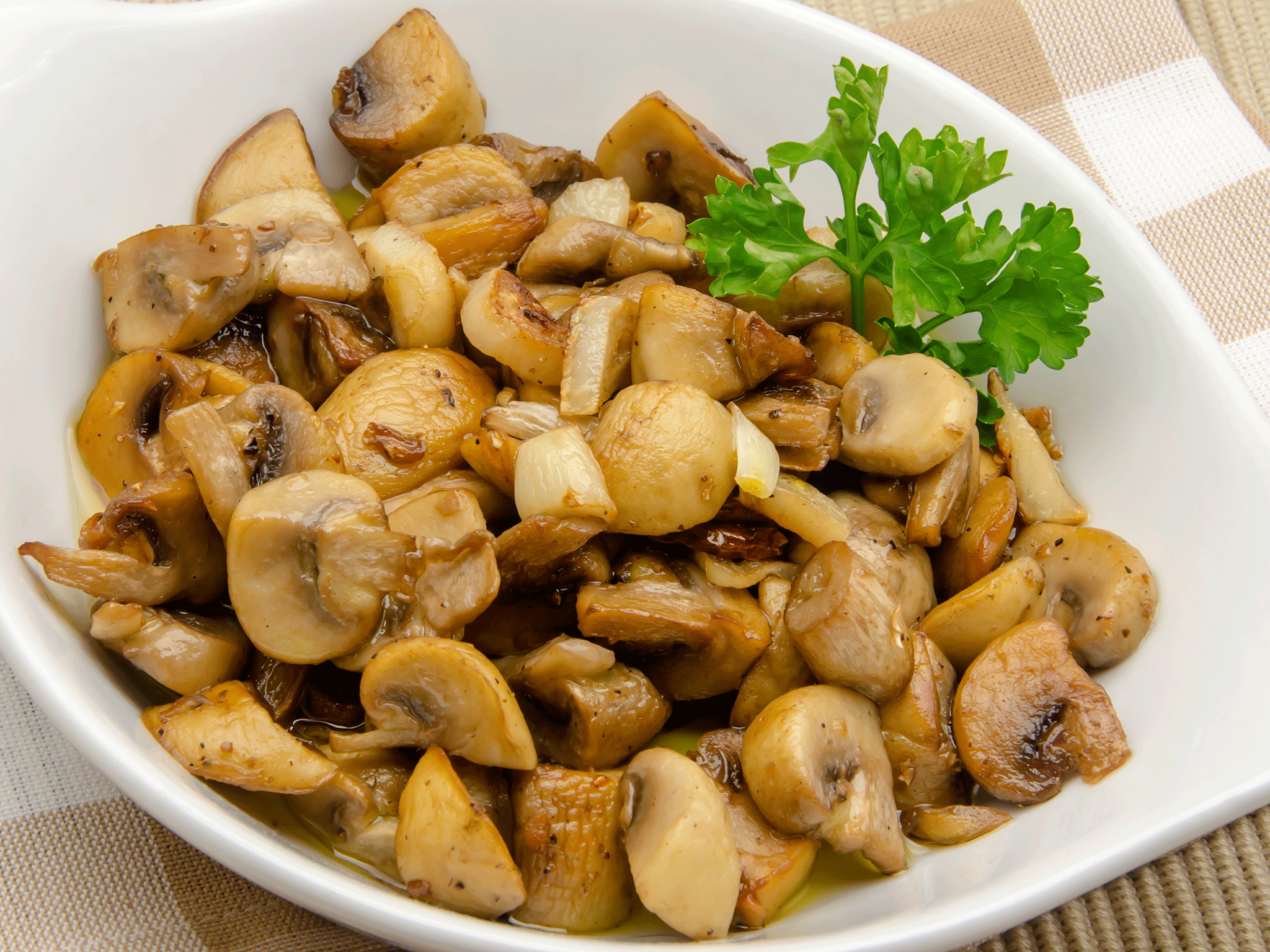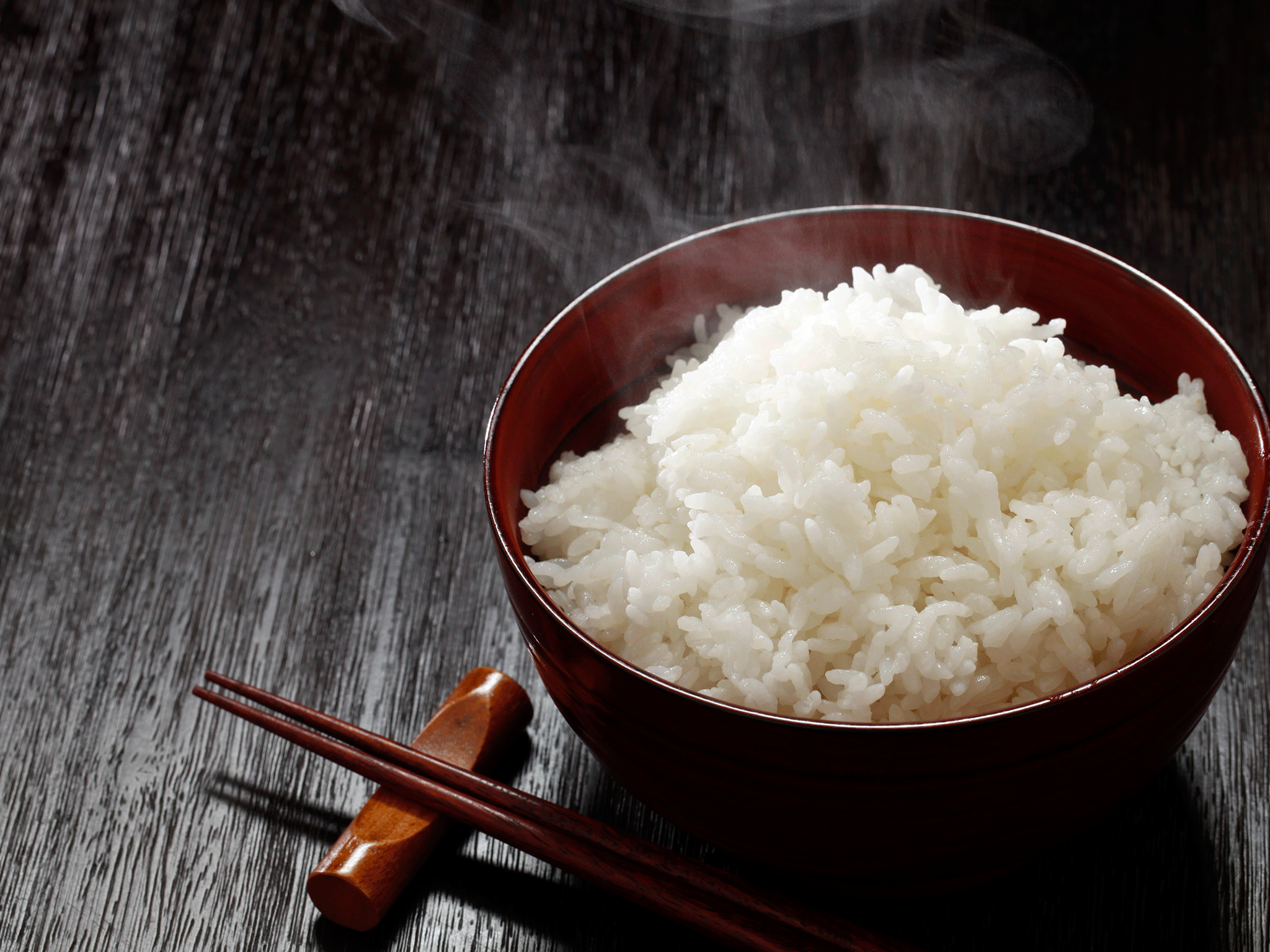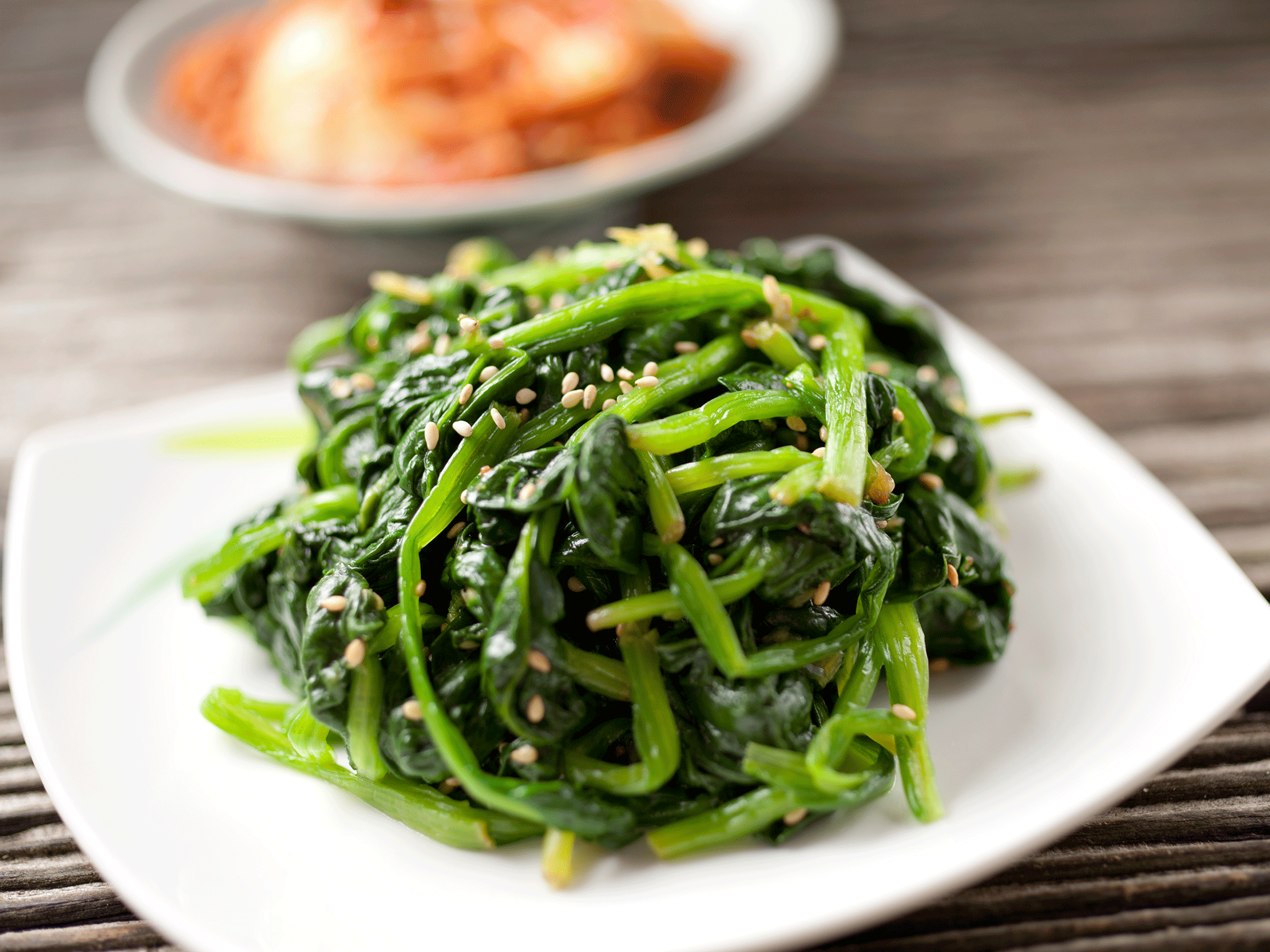Four foods you should avoid reheating – and one you can
Experts had warned against reheating spinach but now say it's 'fine'

With lots of office workers eating from plastic containers at their desks and the ubiquitous microwave warming up yesterday's soup, reheating food has become a way of life for time-savvy workers.
Yet not all foods respond well to reheating - either because of how they react with bacteria while they are stored, or because of the proteins that are broken down during cooking.
While there are a lot of scare stories around, the following five foods are accredited by the Food Standards Agency and the European Food Information Council as to be avoided for reheating purposes.
1. Chicken
Chicken and other poultry have a certain amount of salmonella contamination as standard, as do eggs.
This can be a problem with reheating in microwaves in particular, which does not penetrate all areas of a food as equally as heatwaves. That means some parts of the food cook faster than others.
It is important particularly with chicken to turn the meat frequently to ensure even heating inside and out.
Reheating chicken is not advisable more generally because it has a higher density of protein than red meat - when reheated, proteins break down differently and can upset the stomach.
2. Rice

How cooked rice is stored is more important than the actual reheating itself, according to the Food Standards Agency.
If the rice is left standing at room temperature, the spores will multiply and may produce poisons that cause vomiting or diarrhoea - and reheating the rice will not get rid of these poisons.
3. Potatoes

The problem with reheated potatoes is not the reheating but how you store the potatoes after they are cooked.
If they are left to cool at room temperature (and then left unrefrigerated), conditions may be right for growth of Clostridium botulinum (botulism), especially if they are sealed in foil so that oxygen is kept out of the potato.
Reheating the potato will not always kill these off, so storing potatoes safely as they cool is sensible.
4. Mushrooms
Mushrooms have proteins which can easily be destroyed by enzymes and microorganisms, according to the European Food Information Council.
If they are not stored properly, mushrooms can deteriorate quickly and cause an upset stomach after reheating.
However, says the council: "If they are stored in a fridge and for not more 24 hours, it is in general no problem to reheat mushrooms again at recommended temperatures of 70 C."
Spinach and other leafy vegetables

Spinach and other leafy vegetables can contain high concentrations of nitrate, depending on where the vegetable is grown.
Nitrate itself is totally harmless, but it can be converted to nitrites and then to nitrosamines, some of which are known to be carcinogenic.
The European Food Information Council had warned against reheating spinach, but has now changed its opinion after a student insisted this was safe and backed up his argument with scientific reasoning.
This article has been amended to reflect the new advice that reheating spinach is "fine" with appropriate safeguards.
Join our commenting forum
Join thought-provoking conversations, follow other Independent readers and see their replies
Comments
Bookmark popover
Removed from bookmarks